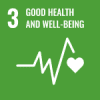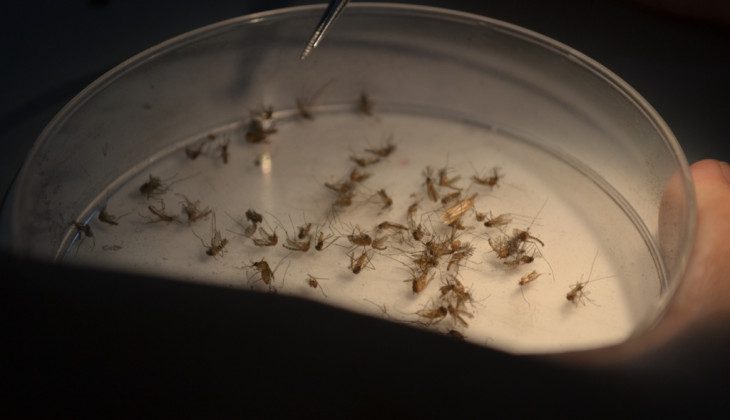The Main Researcher of the World Mosquito Program (WMP) Yogyakarta, Prof. dr. Adi Utarini, MSc, MPH., Ph.D., appealed to the public to be more aware of Dengue Hemorrhagic Fever (DHF) in the upcoming rainy season. He said dengue cases had increased. Until October 27, 2020, data from the Ministry of Health showed an increase in dengue cases to reach 93,178 cases with 645 deaths.
Prof. Uut, as she is familiarly called, added that from the human aspect, to prevent dengue is to practice a Clean and Healthy Lifestyle (PHBS), with a balanced nutritional intake. “This includes regular exercise and adequate rest,” she told reporters on Wednesday (11/18).
The same thing was conveyed by an entomologist at WMP Yogyakarta, Warsito Tantowijoyo, Ph.D, who said that during the rainy season, the mosquito population usually increases. It is coupled with the La Nina phenomenon in November, which affects the high rainfall in Indonesia. “In the rainy season, there are many puddles of water that can be a breeding ground for mosquito larvae,” he said.
Prof. Uut said many ways can be done to suppress DHF, starting with the Eradication of Mosquito Nests (PSN), 1 House 1 Jumantik, and fogging. However, WMP Yogyakarta is currently releasing Aedes aegypti mosquitoes with Wolbachia to reduce dengue cases in Yogyakarta City. “We developed the Wolbachia technology, which has been proven to be effective in inhibiting the replication of the dengue virus in the Aedes aegypti mosquito,” he said.
According to her, some advantages testimony from residents’ has made her interested in expanding mosquito release to areas that have not been exposed to Wolbachia mosquitoes. This condition is also supported by requests from some residents and local government officials.
This 3-year study has shown Wolbachia’s efficacy. Wolbachia effectively reduces 77 percent of dengue rate in the intervention area compared to the control area. Until now, WMP Yogyakarta has released thousands of buckets filled with Aedes aegypti mosquito eggs containing Wolbachia, placed in people’s shelters, for about 4 – 6 months, until the percentage of Wolbachia is established at 60 percent. “The spread of Wolbachia benerfits through storing buckets of Wolbachia mosquito eggs in people’s residences and public facilities has taken place in 29 sub-districts in 15 health centers,” she said.
Meanwhile, the Head of Disease Control and Eradication (P2P) Yogyakarta City Health Office, Drg. Yudiria Amelia stated that the Health Office reminded health centers to carry out socialization to the public to be more aware of dengue in this rainy season. She also appealed to the public to be soon coming to the nearest health facility for further treatment if one felt the symptoms of DHF or COVID-19.
Source: https://ugm.ac.id/id/berita/20376-waspada-dbd-saat-musim-penghujan



